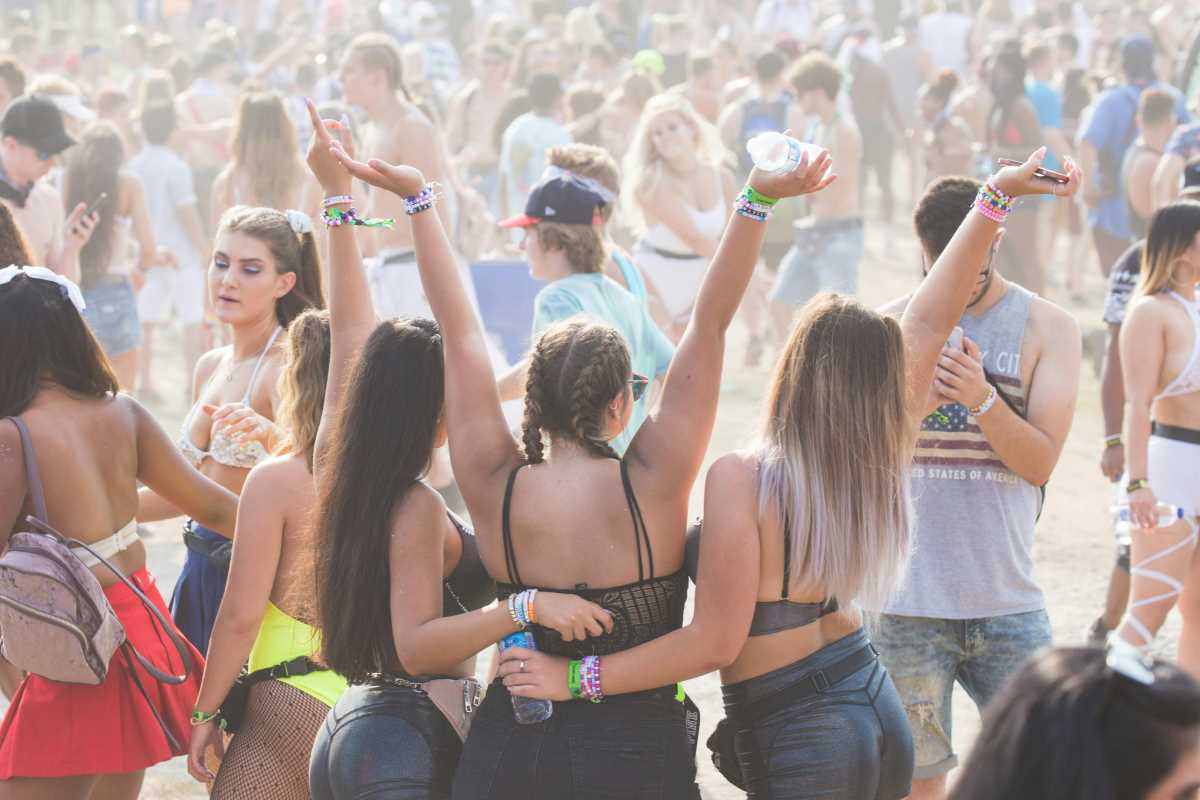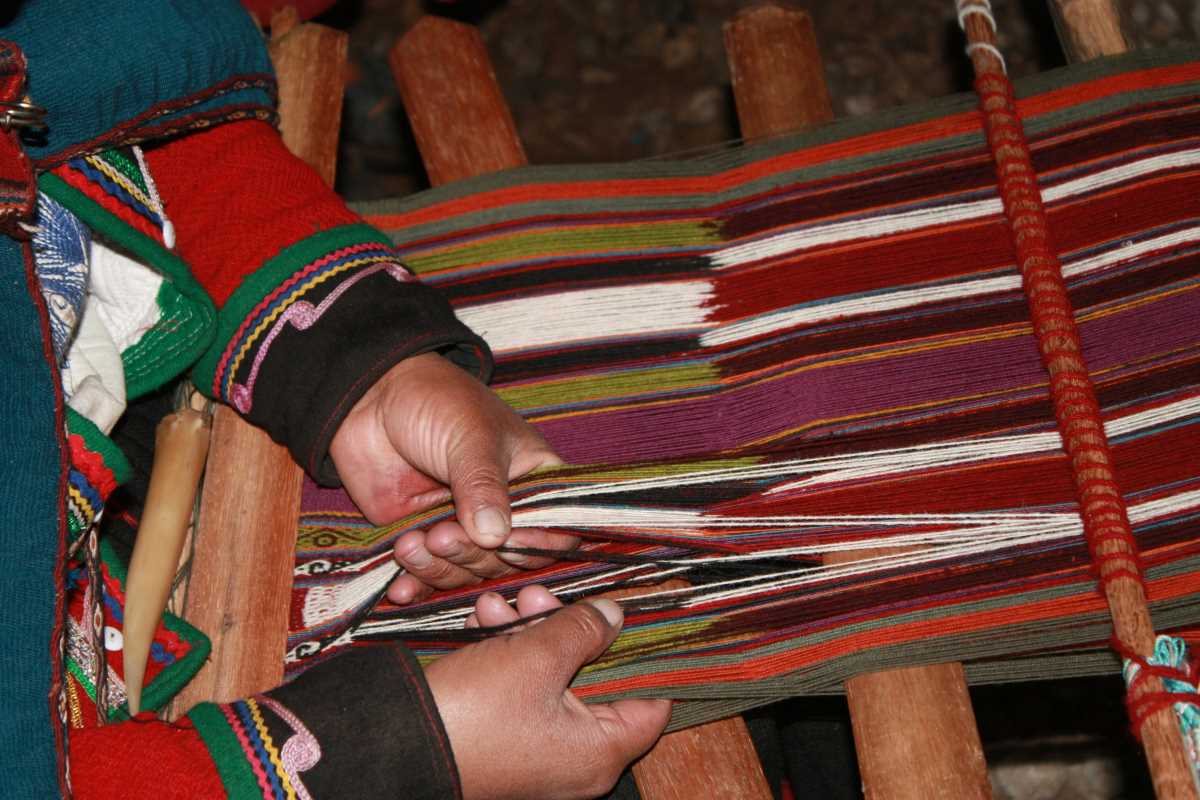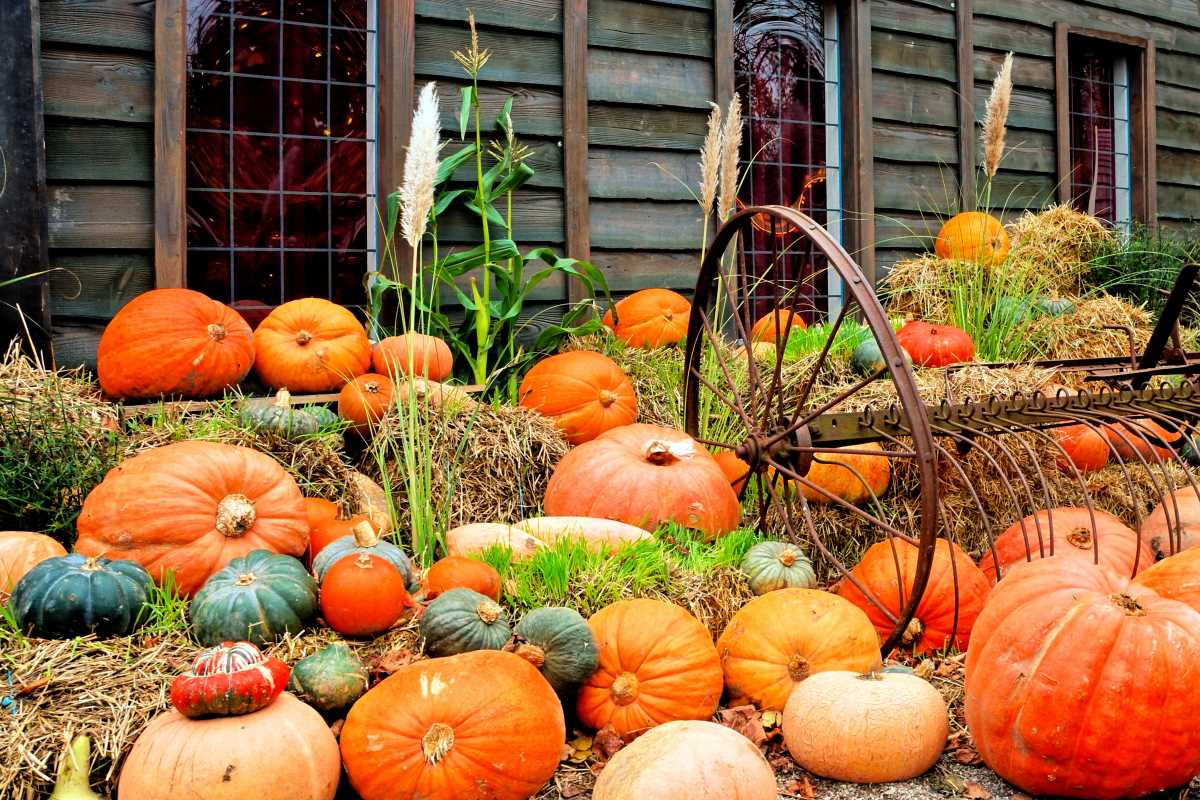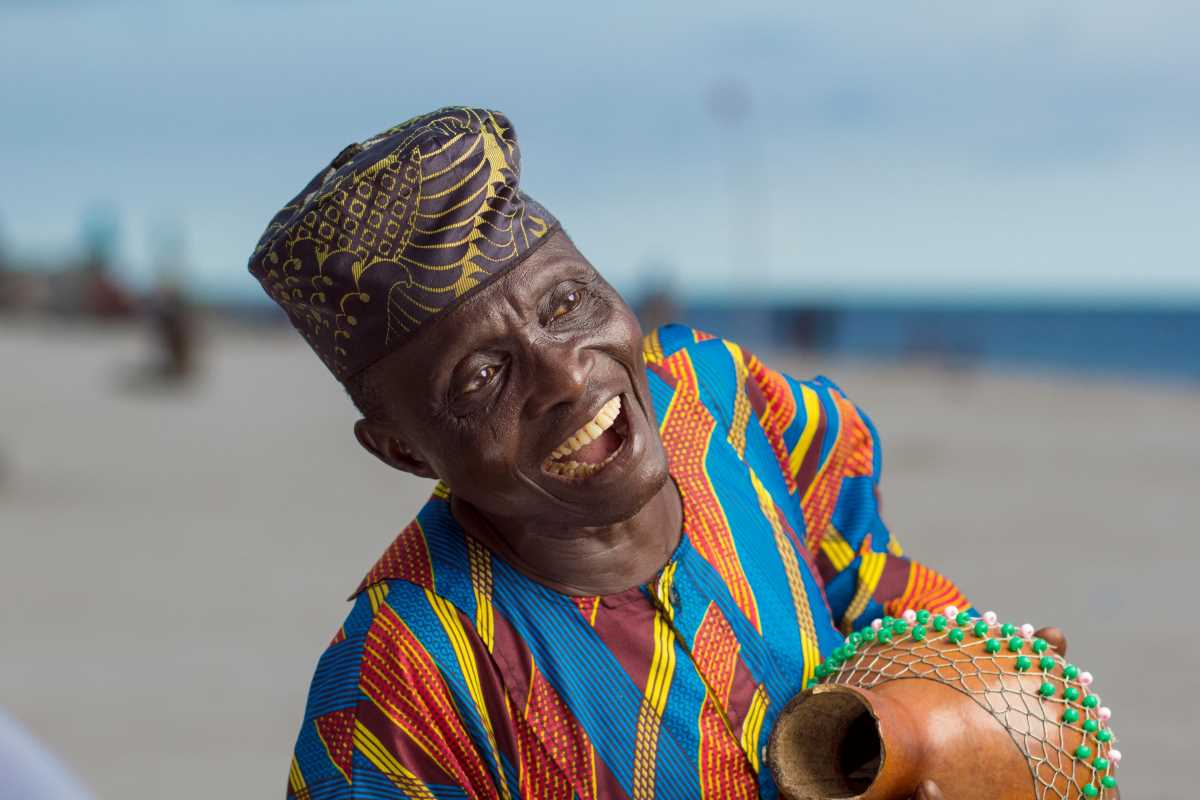The vibrant landscape of modern music scenes continually evolves, significantly shaped by the diverse and eclectic trends that emerge from various music festivals around the world. These gatherings involve not just performances; they're melting pots of culture, innovation, and creativity that influence artists and audiences alike.
From electronic dance music to indie rock, festival trends push the boundaries of genres, create new sounds, and encourage collaborations that might not have happened otherwise. As festivals become more eclectic, they play a crucial role in the dynamic transformation of the music industry.
The Rise of Eclectic Festival Trends
Festivals like Coachella, Glastonbury, and Bonnaroo are no longer just about showcasing mainstream headliners. They have become platforms for a diverse range of artists to reach new audiences and experiment with their music. This shift has led to the rise of eclectic festival trends that embrace a mix of genres and styles, and the incorporation of visual art installations at festivals.
- Genre Blending: Festivals increasingly feature a mix of genres, allowing for unique collaborations and the fusion of different musical styles.
- Immersive Experiences: Beyond music, festivals incorporate art installations, interactive workshops, and themed environments to engage attendees on multiple levels.
- Sustainability Initiatives: Many festivals adopt eco-friendly practices, emphasizing sustainability through waste reduction, renewable energy, and promoting environmental awareness.
- Technology Integration: The use of augmented reality, virtual reality, and advanced stage production technologies enhances the overall festival experience.
- Global Cultural Showcases: Festivals highlight diverse cultures by featuring international artists, traditional performances, and multicultural programming.
Impact on Music Genres
One major trend is the fusion of electronic dance music (EDM) and traditional instruments, such as guitars and drums. Artists like Flume and Odesza incorporate live instrumentation into their performances, creating a unique blend of EDM and indie rock. This trend appeals to fans of both genres and creates an immersive experience for the audience.
- Electronic Dance Music (EDM): EDM has seen exponential growth, with festivals like Tomorrowland pushing the genre into mainstream popularity through high-energy performances and cutting-edge visuals.
- Indie and Alternative: Festivals such as Coachella have become hubs for indie artists, providing them with platforms to reach wider audiences and influencing the indie soundscape.
- Hip-Hop and R&B: The inclusion of hip-hop artists in traditionally rock or electronic festivals broadens the genre's appeal and drives its integration into various music scenes.
- World Music: By featuring artists from different cultural backgrounds, festivals enrich the global music tapestry, encouraging cross-cultural collaborations and fusion genres.
- Rock and Metal: Even within the rise of eclecticism, rock and metal continue to thrive, adapting to new influences while maintaining their core integrity.
Notable Festivals Shaping Music Scenes
From the iconic Woodstock to the modern-day Burning Man, music festivals have become a cultural phenomenon that brings people together from all walks of life. These events not only offer an escape from daily routines but also provide a platform for artists to showcase their talents and connect with diverse audiences.
Burning Man stands out for its unique emphasis on art, self-expression, and community, influencing not just music but also the visual and performance arts. Its ethos encourages artists to innovate and push creative boundaries.
Lollapalooza has played an important role in showcasing a wide array of genres, from alternative rock to electronic, providing a platform for both established and emerging artists to connect with diverse audiences.
Glastonbury is renowned for its extensive lineup and cultural significance, impacting global music trends through its eclectic mix of performances and emphasis on social and environmental issues.
Coachella is a trendsetter in the festival circuit, known for its star-studded lineups and ability to predict and influence the next big trends in music, fashion, and lifestyle.
Tomorrowland has transformed electronic music festivals with its elaborate stage designs and immersive experiences, setting new standards for production quality and attendee engagement.
Festival Trends and Cultural Exchange
One of the most remarkable aspects of modern music festivals is their role in cultural exchange. By bringing together people from various backgrounds, festivals create an environment where ideas and traditions can be shared and appreciated. This melting pot of cultures is particularly evident in the rise of fashion acts that blend traditional attire with contemporary styles, creating a unique visual representation of cultural fusion. These exchanges not only enrich the festival experience but also inspire artists to incorporate diverse elements into their music, leading to innovative sounds and collaborative projects that transcend geographical boundaries.
The presence of international artists and diverse programming also encourages attendees to explore new genres and cultural expressions. This broadens the listeners' musical horizons and promotes a deeper understanding and appreciation of global cultures. As festivals prioritize diversity and inclusion, the cultural exchange they facilitate will likely play a significant role in shaping the future of music scenes worldwide.
Future of Music Influenced by Festivals
The future of music closely links to the evolving landscape of music festivals, which will continue to be incubators for new trends and innovations. As festivals integrate more technology, such as virtual reality experiences and interactive stages, they will redefine how music is produced and consumed. These advancements will create more personalized and immersive experiences for attendees, potentially leading to the emergence of new genres and subcultures.
The growing emphasis on sustainability and social responsibility will influence the themes and practices within the music industry. Artists and festival organizers alike will prioritize eco-friendly initiatives and socially conscious messages, aligning music scenes with broader global movements. This shift not only appeals to the values of younger generations but also ensures that the music industry remains relevant and impactful in addressing contemporary issues.
As festivals continue to serve as platforms for artistic expression and cultural dialogue, their influence on music will only deepen. The collaborative spirit promoted by these events will lead to groundbreaking musical developments, ensuring that the future of music remains dynamic and ever-evolving.
Music festivals serve as powerful catalysts for change, shaping modern music scenes through their eclectic trends and creating a rich environment for cultural and artistic growth. As these festivals evolve, their impact on the music industry will undoubtedly grow, paving the way for new sounds, collaborations, and cultural exchanges.
 (Image via
(Image via




.jpg)
